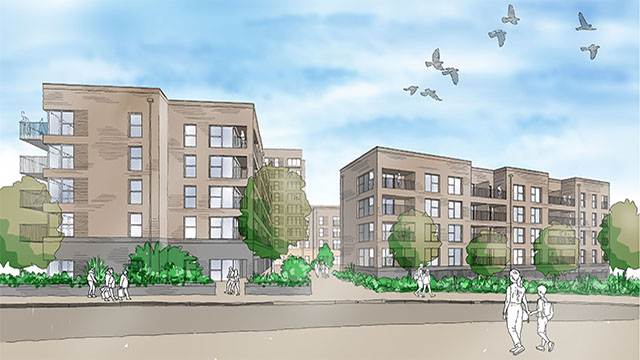The Court of Appeal has overturned summary judgment that property damage caused by a fuel leak was excluded from an insurance policy in Brian Leighton (Garages) Limited v Allianz Insurance PLC [2023] EWCA Civ 8.
BLG ran a garage business in Goole, East Yorkshire, trading and repairing vehicles and operating a 24-hour petrol filling station. Allianz was its insurer under an annual motor trading policy.
BLG brought a claim for material damage and business disruption arising from a fuel leak in early June 2014 which resulted in the garage being shut down for health and safety reasons.
Allianz declined liability and succeeded in obtaining summary judgment that damage to the forecourt and shop building was damage “caused by pollution or contamination” and so excluded from cover under the policy.
The assumed facts – which were disputed – were that on 4 June 2014 a leak occurred from a section of pipe in one of the underground fuel tanks to six of the forecourt fuel pumps. It was caused by the pressure of an object such as a sharp stone on the pipe under pressure from the weight of the concrete slab under the forecourt.
Within days the leak had contaminated the forecourt and the lower parts of the adjacent shop building, including the electrical conduits connecting the pumps to the building. By 9 June 2014 there was an immediate risk of fire or explosion and the business had to be closed. BLG could not afford the necessary repairs and so the business never reopened
An insurance policy must be interpreted objectively by asking what a reasonable person with all the background knowledge available to the parties would have understood the language to mean. An insurer is only liable for losses proximately caused by a peril covered by the policy – where the peril is the dominant or effective cause of the loss. There can be more than one proximate cause running concurrently (Financial Conduct Authority v Arch Insurance (UK) Ltd [2021] UKSC 1).
It was common ground that the forecourt and building were property insured under the policy unless the damage was excluded. The policy excluded damage “caused by” pollution or contamination save where the damage was caused by pollution or contamination resulting from a specified event or a specified event which resulted from pollution or contamination. Specified events included fire, lightning, explosion, earthquake, storm, flood, riot and civil commotion. It was agreed that no specified event occurred in this case.
Taken on its own the exclusionary wording was clearly concerned with the pollution and contamination as the proximate cause of the loss. This was reinforced by other policy terms and was not inconsistent with the writing-back into the policy of cover for the specified events.
It was reasonable to attribute this presumed intention to the parties since the policy was for a business which included a petrol filling station so the risk of leakage of fuel was a risk against which the operator would desire cover. Since, on the assumed facts, the proximate cause of the damage was the puncturing of the pipe by a sharp object the appeal was allowed.
Louise Clark is a property law consultant and mediator







